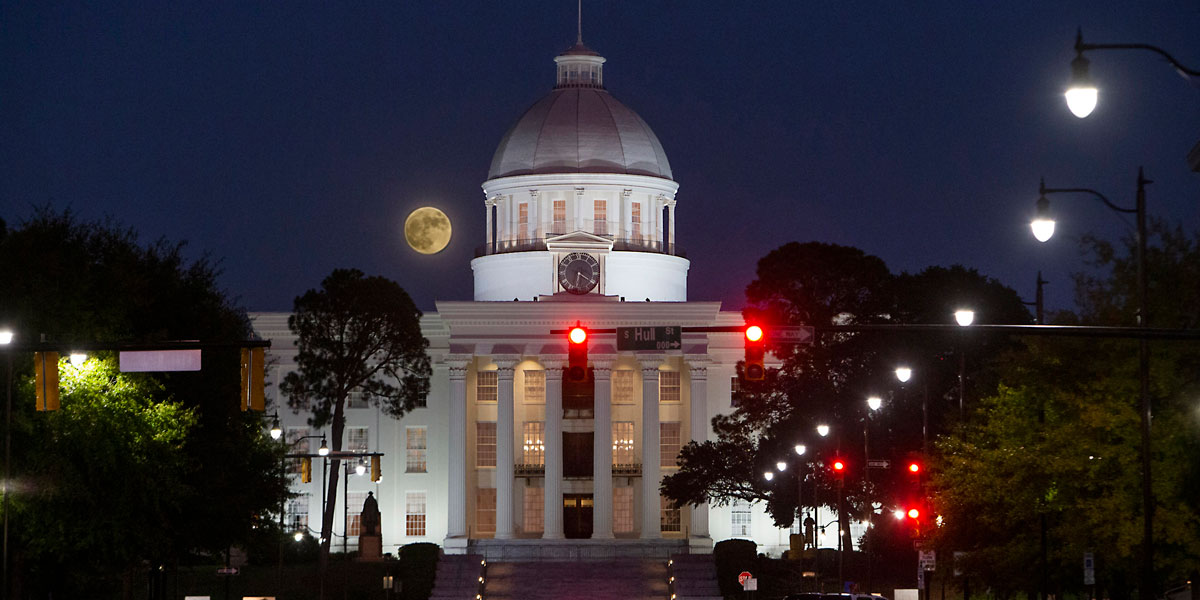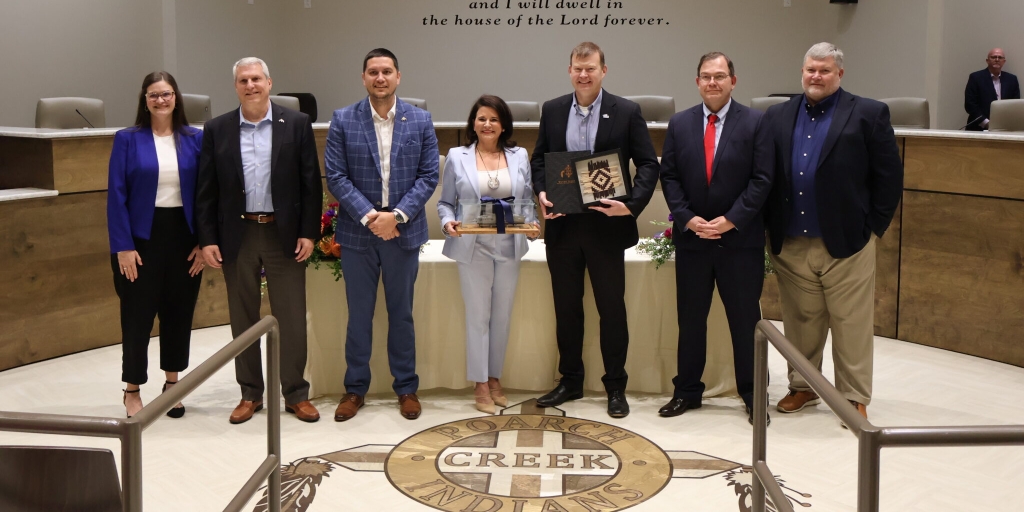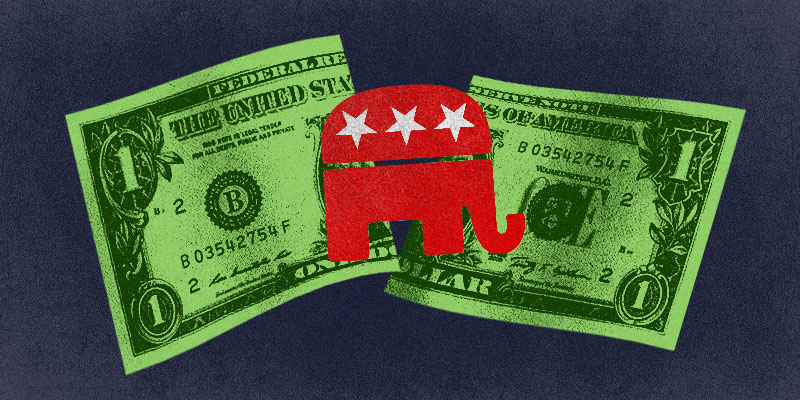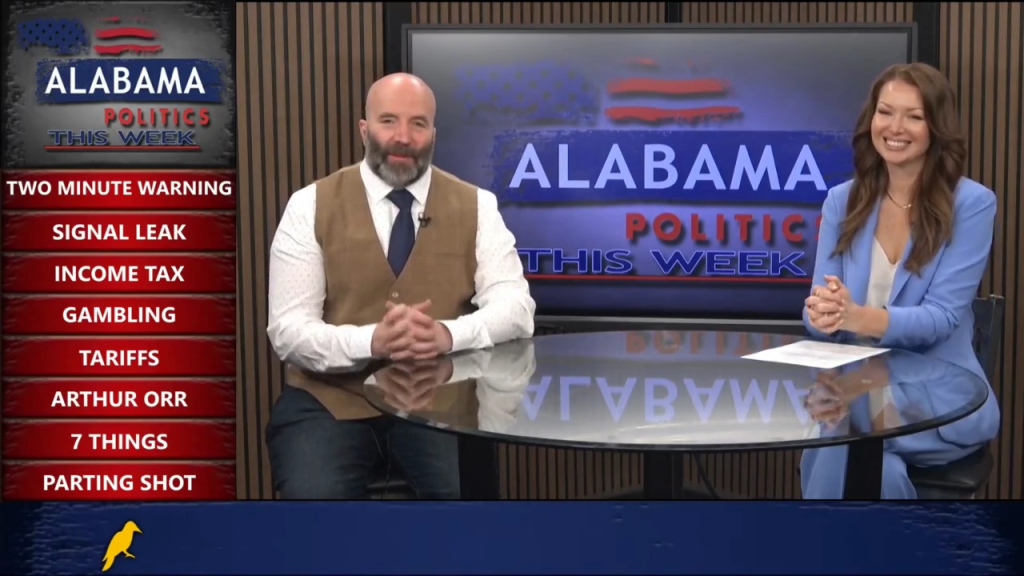In the final weeks of the 2025 legislative session, Alabama lawmakers are considering a proposal to make permanent the state income tax exemption for overtime pay.
The exemption, originally set to expire on June 30, 2025, was first introduced in 2023 as a temporary measure to provide relief to hourly workers.
The original legislation was promoted as a way to increase take-home pay and incentivize overtime work amid a tight labor market. At the time, initial fiscal estimates suggested the exemption would cost the state approximately $40 million. However, updated revenue reports revealed that the actual annual cost was closer to $240 million, with some projections estimating the impact could reach nearly $400 million if the exemption became permanent.
House Minority Leader Anthony Daniels (D-Huntsville) is sponsoring HB467, which would remove the sunset clause on the exemption.
The bill has drawn bipartisan support, including from conservative policy groups like the Alabama Policy Institute, and has 33 cosponsors from both Republicans and Democrats.
Daniels said the exemption has had a meaningful impact on workers across Alabama, particularly in sectors such as manufacturing, healthcare and public safety.
RELATED: Anthony Daniels argues Alabama backtracking on overtime tax relief for workers is ‘ridiculous’
“Families that have individuals working overtime are able to better afford essentials like groceries and tuition,” he told Yellowhammer News. “It’s been an incentive to work a little extra because they’re bringing home more.”
He also framed the bill as a pro-growth policy that deserves continued bipartisan backing. “We’re rewarding hard work. I’ve heard from people all across the state, thanking me for this legislation,” Daniels said. “It’s been a great tool for our economy.”
Daniels pointed to increased revenue from both corporate and individual income taxes—$191 million and $138 million respectively—as evidence that the policy is boosting overall economic activity.
He said he supports requiring dynamic scoring for all tax proposals exceeding $50 million to ensure consistent scrutiny.
“I’d say to the budget chairs, let’s apply the same analysis to all proposed cuts. If you look at the impact of the overtime bill, you’ll see it’s brought in more than what they estimate it costs,” Daniels said.
RELATED: Alabama House passes $192 million in tax cuts, relief reaches ‘just about everyone’
Daniels also addressed comparisons between his bill and the broader tax cut package introduced by State Rep. Danny Garrett (R-Trussville). While Daniels supports the retirement income tax cuts, he questioned the actual impact of proposals like the reduction of the grocery tax recently passed in the House.
“Unless you’re doing a total elimination, are you really saving dollars for families?” he said. “When a voter hears you’ve cut the grocery tax by one penny, it sounds meaningful. But you have to spend $100 to save $1. That’s not going to move the needle for working people.”
He added that the overtime exemption has done more to encourage workforce participation than many realize. “We’ve seen people return to Alabama to work overtime jobs, especially in manufacturing. That tells me this policy is not just helpful—it’s strategic.”
Alabama Policy Institute’s Stephanie Smith said the proposal aligns with the organization’s focus on economic freedom.
RELATED: API fighting to protect overtime tax cut for those ‘trying to work a little harder’ in Alabama
In a statement to Yellowhammer News, Smith noted that “there are currently nine states that do not levy a state income tax at all. Florida, Tennessee, and Texas are among them. Mississippi took steps to fully discontinue their income tax this session. Alabama is now at a competitive disadvantage to those states in attracting new citizens and businesses through tax policy.”
“As a state, we have been quick to give taxpayer funding to big business but we need to be quicker to return taxpayer funds to their rightful owner,” she said. “Every single dollar of tax cuts equals an increase in the freedom of the citizens of Alabama.”
“Alabama was the first state to repeal the income tax on overtime pay. President Trump has endorsed the idea on the federal level. API supports reducing the tax burden on hardworking employees who work overtime to provide for their families. In addition to tax cuts proposed by House Republicans, the Alabama Senate should take steps to make the overtime tax elimination permanent this legislative session.”
The proposal comes as lawmakers weigh multiple tax relief measures, including a broader $193 million package sponsored by State Rep. Danny Garrett (R-Trussville). Garrett’s proposal includes tax breaks on groceries, retirement income and state income taxes.
State Sen. Arthur Orr (R-Decatur), chair of the Senate Finance and Taxation Education Committee, has expressed caution about advancing multiple tax cuts.
He has said the Legislature should focus on the broadest and most sustainable relief options, such as reducing the state’s grocery tax.
“The mindset among the Legislature is, how can we give the broadest-base tax cut across the state? And the grocery tax is one everybody pays,” Orr said on Alabama Politics This Week.
Orr also warned against committing to permanent income tax cuts while economic uncertainty persists.
“At some point, you have to be very cautious as far as tax cuts, particularly with the concerns about the economy going forward,” he said. Orr noted that the cost of the existing overtime exemption was estimated at $240 million annually and could approach $400 million over time if made permanent.
HB467 includes a requirement for the Alabama Department of Revenue to work with the Alabama Commission on the Evaluation of Services to produce a public economic impact study by Jan. 1, 2026. Daniels said he welcomed the transparency. “I’m confident the data will show this exemption has been a win for both workers and the state.”
Garrett, who chairs the House Ways and Means Education Committee, has emphasized the need for strategic, sustainable tax policy.
Supporters of HB467 argue that making the exemption permanent could help incentivize work and ease cost-of-living pressures. Opponents caution that removing the sunset could reduce long-term education funding and complicate future budgeting decisions.
Daniels said he remains hopeful that the bill will move forward this session, despite the fiscal caution voiced by some lawmakers. Conversations with both House and Senate leadership are ongoing, and Daniels believes support is growing—particularly among lawmakers hearing directly from constituents who have benefited from the exemption.
“If we allow this exemption to expire, we’re effectively raising taxes on hardworking Alabamians,” Daniels said. “I think that’s a message lawmakers from both parties will have to reckon with before the session ends.”
With the legislative clock ticking and budget priorities still in flux, the fate of HB467 may depend on how lawmakers balance immediate relief with long-term planning. But as Daniels and his supporters continue building their case, the push to make overtime pay permanently tax-free remains closely watched.
When lawmakers return to the State House today, Tuesday will mark day seventeen of the 2025 legislative session.
Grace Heim is a state and political reporter for Yellowhammer News. You can follow her on X @graceeheim or email her at [email protected].











